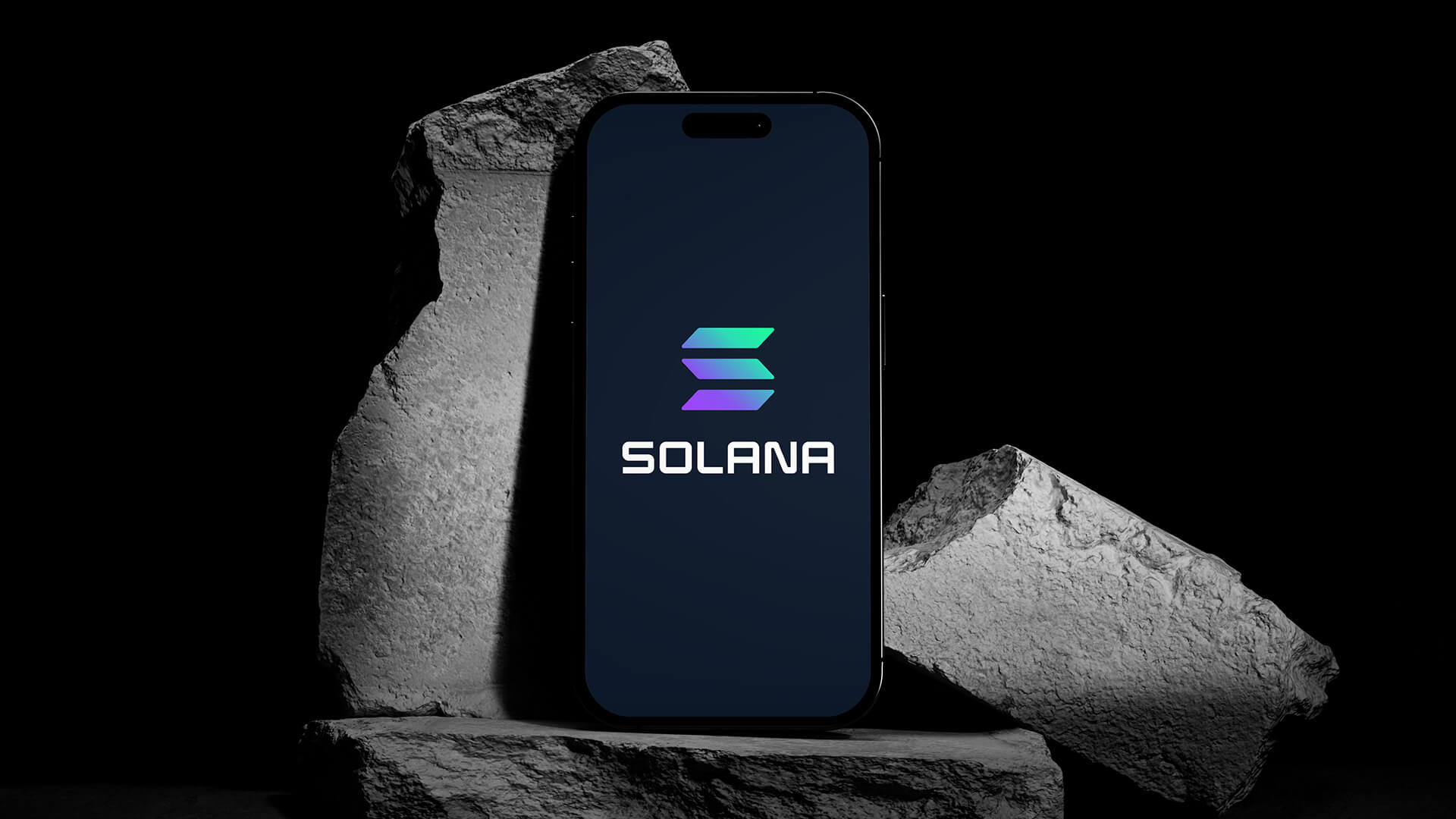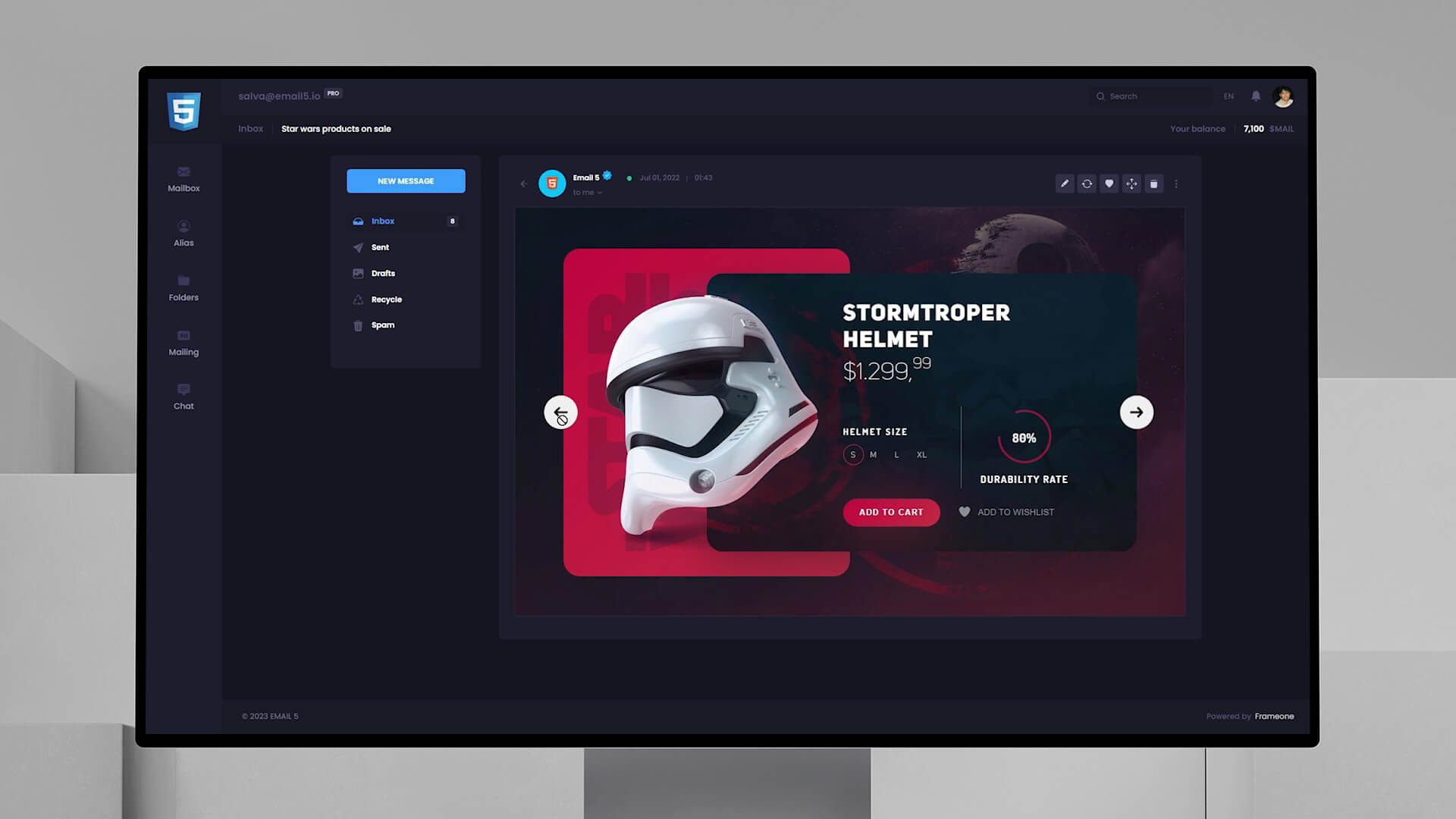Transforming Email Marketing: The advent of tokenized services and the power of blockchain



The world of digital marketing is on the cusp of a transformative change with the introduction of a tokenized email marketing service that leverages blockchain technology and utility tokens. This new model can offer a more secure, efficient, and equitable future for email marketing, benefiting both marketers and consumers in the digital age.
In addition, native support for HTML5 empowers the tokenized email marketing platform to unlock the next generation of interactive, measurable and platform-agnostic email marketing powered by the transparency and auditability of an underlying tokenized economy. It’s a perfect match of technologies supporting decentralized business needs.

Traditionally, email marketing has relied on centralized services that manage subscriber lists, deliver emails, and track engagement. Marketers pay these services based on the number of emails sent or the size of their subscriber lists. This model has several drawbacks: it can be costly, it often lacks transparency, and it raises concerns about data privacy and security. Centralized databases are also prime targets for hackers, leading to frequent data breaches and the exploitation of personal information.

The creation of a tokenized email marketing service represents a significant leap forward for the industry and utility tokens are at the heart of this new model. They act as a medium of exchange within the email marketing ecosystem, enabling users to pay for services and access various features. The use of tokens could significantly reduce the price per email sent. Instead of paying hefty fees to centralized platforms, marketers could purchase tokens when needed, potentially benefiting from the economies of scale and reduced operational costs of a decentralized network. In future implementations, tokens could potentially be earned by consumers who opt in to receive marketing emails, creating a more balanced and incentive-driven environment. This would encourage users to engage with content that they find genuinely interesting, while also compensating them for their attention and data.

Decentralized technology is synonymous with enhanced security and privacy, and its application in email marketing is no exception. By using blockchain, personal data can be tokenized, meaning that identifiable information is replaced with unique identifiers on the blockchain. This process, known as tokenization, significantly reduces the risk of personal data being compromised. This self-sovereign approach to data management puts power back in the hands of the consumer, aligning with the principles of Web3, which emphasizes user privacy and ownership of data.
Besides, the decentralized nature of a tokenized email marketing service means that there is no single point of control or failure. This architecture makes it much harder for bad actors to exploit user data. With the blockchain acting as a gatekeeper, only those with the appropriate permissions, verified through cryptographic means, can access the data.

By leveraging HTML5 and Open Standards, the tokenized email marketing service can offer marketers the tools to create more dynamic, engaging, and effective email campaigns that are aligned with modern web capabilities. When combined with the cost-efficiency, privacy, and security benefits of blockchain and utility tokens, HTML5 can help create a powerful and forward-looking email marketing platform that is well-suited for the demands of today's digital landscape.

As we venture further into the era of Web3 technology, the potential for a tokenized email marketing service to disrupt the current paradigm is immense. By reducing costs, enhancing privacy, and preventing data exploitation, this model could lead to a more sustainable and user-centric form of email marketing. For marketers, the transition to a tokenized service will require a shift in mindset and the adoption of new tools. However, the benefits of lower costs and a more engaged audience are powerful incentives. For consumers, the promise of greater control over their data and the potential to be rewarded for their engagement could lead to a resurgence of interest in email as a marketing channel.